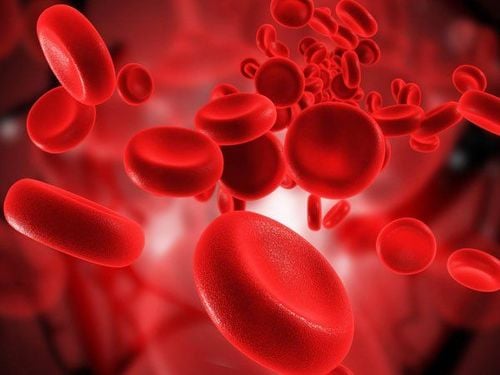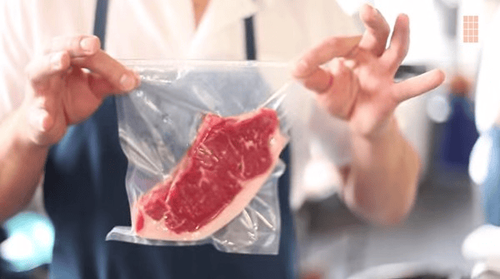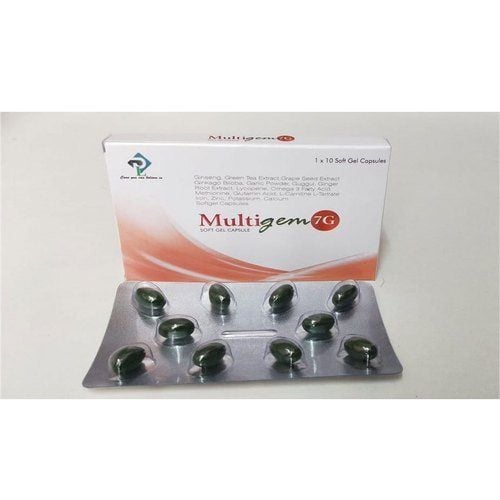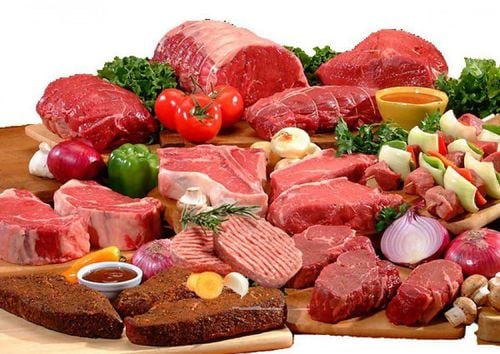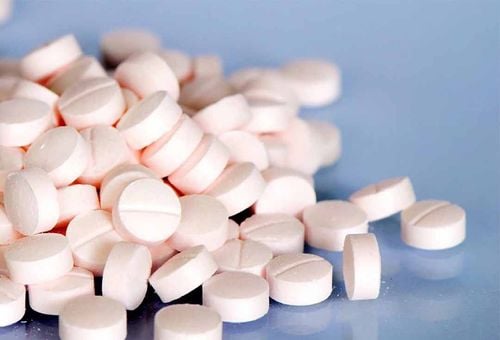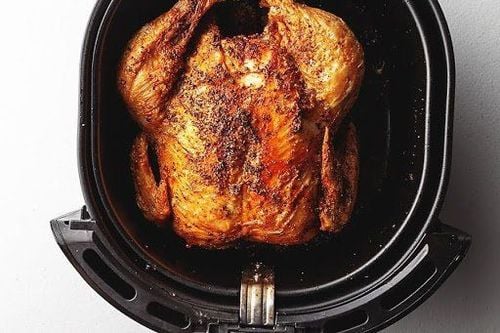This is an automatically translated article.
Beef is an extremely rich source of protein, vitamins and minerals for the body. Moderate consumption of beef can provide many notable health benefits, including providing iron, supporting muscles and improving immune system functions.1. An overview of anemia
If you often feel lethargic and exhausted, you may be suffering from anemia. This is a common blood disorder that can affect anyone at any point in their life.Mild anemia is usually short-lived, but it can become serious if not treated early. Currently, lack of color can be easily prevented and corrected by adequate iron supplementation in the body.
Anemia occurs when the body doesn't have enough healthy red blood cells, meaning you have too few red blood cells or a deficiency of an iron-rich protein called hemoglobin. Normally, red blood cells will be responsible for providing oxygen to the whole body, in which hemoglobin plays the role of oxygen transport factor.
When your red blood cell count or hemoglobin level is too low, your body won't get the oxygen it needs. This can make you feel extremely tired, along with other symptoms such as dizziness, shortness of breath, pale skin, headache, or cold limbs.
One of the most common types of anemia today is iron deficiency anemia. This condition usually arises when your body is not getting the adequate amount of iron in your daily diet. Your body needs iron as well as other important nutrients to produce hemoglobin and other healthy red blood cells. Therefore, it is important to provide iron as well as vitamin B12, protein and folate on a regular basis. You can get more of these nutrients through a balanced diet or taking certain supplements.
Another common cause of iron deficiency anemia is blood loss, which can arise from childbirth, trauma, or surgery. In particular, women of childbearing age will be at high risk of iron-deficiency anemia due to heavy blood loss from the menstrual cycle.

Phụ nữ đang trong độ tuổi sinh đẻ sẽ có nguy cơ cao bị thiếu máu do thiếu sắt do bị mất máu nhiều từ chu kỳ kinh nguyệt
Many people living with anemia may not realize they have it. The symptoms of anemia can be mild or even without noticeable symptoms. To determine if you have anemia, you can have a simple blood test done at medical centers.
2. If you are anemic, should you eat beef?
Beef is a great source of protein and other nutrients, but it is also high in cholesterol and saturated fat, which can cause fat accumulation in the blood.Beef is considered a healthy food source in your diet, but should be eaten in moderation. Many studies have shown that consuming a lot of red and processed meat can increase the risk of cancer, diabetes, heart disease and premature death. Although eating beef may increase your risk of health problems, it still offers many benefits if you eat it in moderation and choose lean portions.
Furthermore, beef is also an excellent source of iron. The iron in beef helps the body produce the amount of hemoglobin needed to transport oxygen from the lungs to other parts of the body. When the body does not get enough iron, it can lead to the risk of iron deficiency anemia, causing symptoms such as weakness, listlessness, fatigue and mental lethargy. Therefore, nutritionists believe that eating beef can help prevent iron deficiency anemia in people at high risk of the disease.
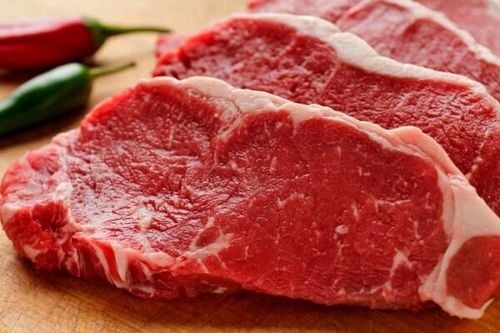
Thịt bò được xem là một nguồn thực phẩm lành mạnh trong chế độ ăn uống của bạn, nhưng nên ăn chúng một cách điều độ
3. Some other health benefits of beef
In addition to adding iron to the body and preventing anemia, eating beef also offers the following health benefits:Strengthens the immune system: Beef is a good source of nutrients. Rich in zinc, which helps the body heal damaged tissues and supports a healthy immune system. Children and adolescents should consume adequate amounts of zinc to ensure healthy growth and development. Helps build muscle: Protein is essential for muscle health. It helps rebuild muscle tissue that is lost naturally during the aging process of life. In addition, protein also helps you build more muscle. It is especially useful for people who are doing strength training exercises. One serving of beef will provide you with the recommended daily amount of protein, helping to prevent muscle loss. Losing muscle mass can make you feel weaker and have trouble keeping your balance, especially if you're over 55.
4. Nutritional ingredients in beef
The nutritional composition of beef will vary slightly depending on how you prepare it. Typically, an average 4-ounce serving of beef will include:Calories: 265 Fat: 19 grams Protein: 21 grams Fiber: 0 grams Carbohydrates: 0 grams Sugar: 0 grams Besides, One serving of beef also provides your body with about 12% of the recommended daily amount of iron. It also contains a variety of vitamins and minerals such as vitamins B3, B6, B12, phosphorus and zinc. However, consuming a lot of red meat can be associated with a lot of health risks, so you need to keep your beef servings to 4 ounces or less.
5. Iron-rich foods for people with anemia
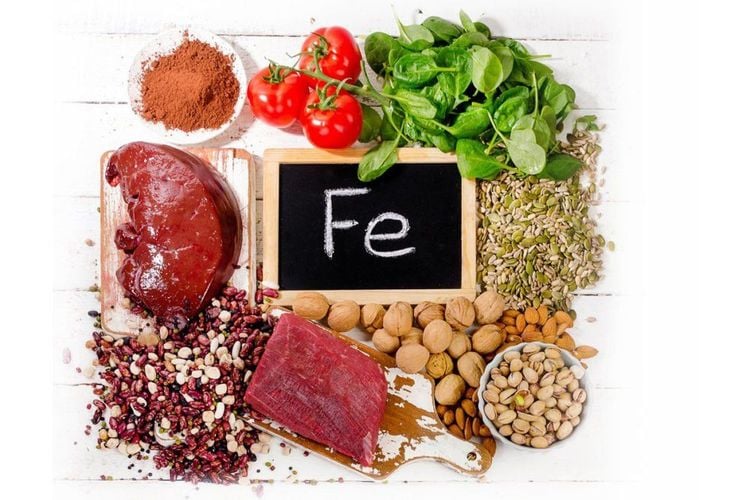
Một số loại thực phẩm giàu sắt bạn có thể tham khảo
In addition, iron is also abundant in green vegetables, whole grains, legumes, mushrooms and other food sources of iron. Therefore, people who follow a low-meat or vegetarian diet should get more plant-based iron as well as vitamin C to help the body absorb enough iron and prevent the risk of anemia.
Health care professionals recommend that women aged 19-50 years get 18 mg of iron per day, with women 51 years of age and older and men over 19 years of age needing 8 mg of iron per day. everyday. A diet that combines both meat and fruits and vegetables can help you get the iron you need. You can also get iron through fortified foods or foods high in other vitamins and minerals, such as flour, milk, and breakfast cereals.
Some good food sources of iron include:
Spirulina: 3 ounces contains 28 milligrams of iron Oysters: 3 ounces contains 9 milligrams iron Iron-fortified breakfast cereal: 3 ounces contains 30-60 milligrams of iron Cooked soybeans: One cup contains 9 milligrams of iron Pumpkin seeds: 3 ounces contains 8 milligrams of iron Cooked lentils: One cup contains 7 milligrams of iron Cooked beans: One cup contains 4 milligrams of iron Ground beef: 4 ounces contains 3 milligrams of iron Boiled and drained spinach: One cup contains 7 milligrams of iron Those who are using iron supplements should note a number of potential risks to health. The reason is, our body does not eliminate iron quickly. Therefore, it can accumulate in the body over time and become toxic to health. The inherited disorder hemochromatosis (iron stasis) can cause iron to build up in the organs, causing heart failure and diabetes. Ideally, you should not arbitrarily use any iron supplements without a doctor's prescription.
Hope the above information has provided you with more options and answers if you are anemic, should you eat beef. Wish you always have a scientific diet and improve your work productivity and improve your life.
Please dial HOTLINE for more information or register for an appointment HERE. Download MyVinmec app to make appointments faster and to manage your bookings easily.
References: doyou.com, health.harvard.edu, newsinhealth.nih.gov



